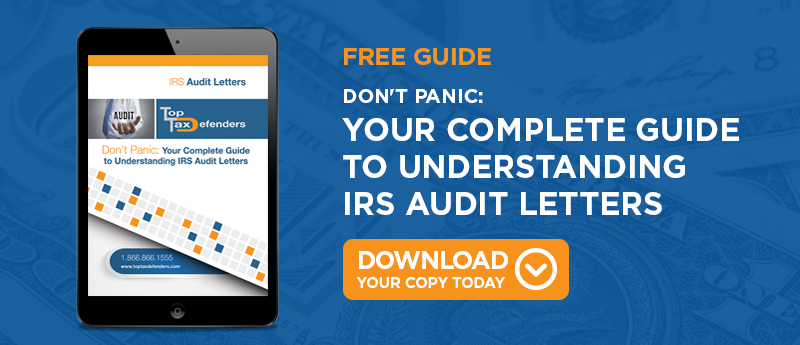
Self-employed taxpayers often face unique income tax challenges when it's time to prepare their returns. The IRS has special rules and regulations that apply to these individuals so it's very important for taxpayers who work for themselves to have their financial affairs in order before they file a return. It's also wise for self-employed citizens to get tax preparation help before attempting to complete forms on their own. Here are a few IRS tax tips for the self-employed.
1. Report Your Income - According to the IRS, self-employment income includes all the money you receive from work that is not part of a regular job. For example, if you sell some of your personal goods online the money you receive from that is technically self-employment income.
2. Pay Self-Employment Tax - The self-employment tax is really both parts of the same Medicare and Social Security tax that employers withhold from employee wages. Since self-employed individuals don't have employers, they are responsible for paying twice the amount of Social Security and Medicare taxes as an employed taxpayer. To calculate your self-employment tax for the year, you'll need to complete IRS Schedule SE along with each return. The IRS allows self-employed individuals to deduct half of their self-employment tax as an adjustment to income on Form 1040.
3. Use the Correct Form - Most self-employed taxpayers will report their income using IRS Schedule C "Profit or Loss from Business". This also applies to workers who are independent contractors and receive a Form 1099 that reports their income for the year. Some of these individuals may qualify to use Schedule C-EZ, a simplified version of the long self-employment form. If you need assistance deciding which form to use, request tax preparation help from a qualified tax professional.
2. Pay Self-Employment Tax - The self-employment tax is really both parts of the same Medicare and Social Security tax that employers withhold from employee wages. Since self-employed individuals don't have employers, they are responsible for paying twice the amount of Social Security and Medicare taxes as an employed taxpayer. To calculate your self-employment tax for the year, you'll need to complete IRS Schedule SE along with each return. The IRS allows self-employed individuals to deduct half of their self-employment tax as an adjustment to income on Form 1040.
3. Use the Correct Form - Most self-employed taxpayers will report their income using IRS Schedule C "Profit or Loss from Business". This also applies to workers who are independent contractors and receive a Form 1099 that reports their income for the year. Some of these individuals may qualify to use Schedule C-EZ, a simplified version of the long self-employment form. If you need assistance deciding which form to use, request tax preparation help from a qualified tax professional.
4. Make Estimated Tax Payments - Since self-employed individuals are liable for more tax than employees they may often have to pay estimated taxes during the year. Estimated tax payments are quarterly installments of the amount of tax that the individual will likely have to pay at tax time.
5. Deduct Business Costs - To reduce the amount of their taxable income, self-employed workers can claim the costs of doing business as expenses against their income. On Schedule C and Schedule C-EZ, taxpayers can subtract their ordinary business expenses such as office supplies, advertising, utilities and vehicle depreciation. Qualified expenses must be normal and necessary to the operation of the business.
Self-employed taxpayers are often in need of tax preparation help. By learning about these IRS tax tips for the self-employed, individuals can prepare themselves for the upcoming tax season.
5. Deduct Business Costs - To reduce the amount of their taxable income, self-employed workers can claim the costs of doing business as expenses against their income. On Schedule C and Schedule C-EZ, taxpayers can subtract their ordinary business expenses such as office supplies, advertising, utilities and vehicle depreciation. Qualified expenses must be normal and necessary to the operation of the business.
Self-employed taxpayers are often in need of tax preparation help. By learning about these IRS tax tips for the self-employed, individuals can prepare themselves for the upcoming tax season.




